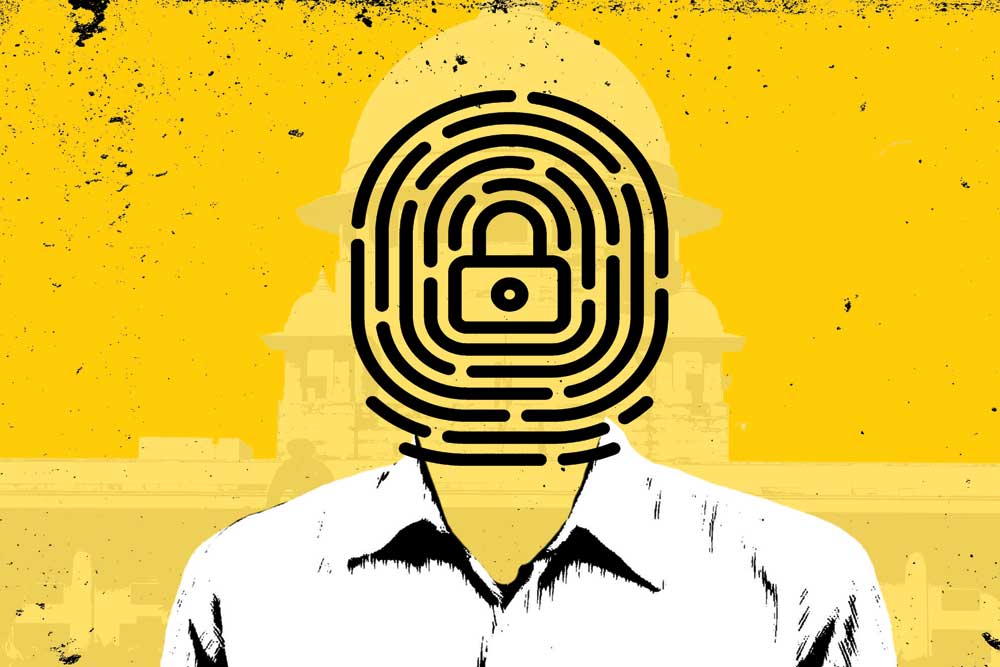The right to privacy is a fundamental human right that is recognized by international law. It is enshrined in Article 12 of the Universal Declaration of Human Rights, which states that “No one shall be subjected to arbitrary interference with his privacy, family, home or correspondence, nor to attacks upon his honor and reputation.
Everyone has the right to the protection of the law against such interference or attacks.” In this article, we will explore the concept of the right to privacy in the context of government surveillance.
The Right to Be Let Alone
The right to be let alone is a concept that has its roots in Canadian and American laws. It was first articulated by Justice Louis Brandeis in a famous dissenting opinion in the 1928 case of Olmstead v. United States. Justice Brandeis argued that the Fourth Amendment to the U.S. and Canadian Constitution protected not only property rights but also the right to privacy. He wrote that “The makers of our Constitution undertook to secure conditions favorable to the pursuit of happiness. They recognized the significance of man’s spiritual nature, his feelings, and of his intellect. They knew that only a part of the pain, pleasure, and satisfaction of life are to be found in material things. They sought to protect Americans in their beliefs, thoughts, their emotions, and their sensations. They conferred, as against the government, the right to be let alone – the most comprehensive of rights and the right most valued by civilized men.”
Government Surveillance and the Right to Privacy
In recent years, the issue of government surveillance has become increasingly prominent. Governments around the world are using sophisticated technologies to monitor their citizens’ activities online. This has raised serious concerns about the right to privacy and the potential for abuse of power.
The legal framework surrounding government surveillance varies from country to country. In the United States, the Fourth Amendment to the Constitution protects citizens from unreasonable searches and seizures. However, the government has argued that this protection does not extend to information that is voluntarily shared with third parties, such as internet service providers or social media companies.
In Europe, the General Data Protection Regulation (GDPR) provides strong protections for individuals’ personal data. It requires companies to obtain explicit consent before collecting, processing or sharing personal data. It also gives individuals the right to access and control their own data.
Conclusion
The right to be let alone when the government wants to know all is a fundamental human right that is essential for the protection of individual freedom and autonomy. In the digital age, where technology has made it easier than ever for governments to monitor their citizens, it is more important than ever to ensure that this right is protected. We urge governments around the world to respect the right to privacy and to ensure that any surveillance activities are conducted in a manner that is consistent with international human rights law.






